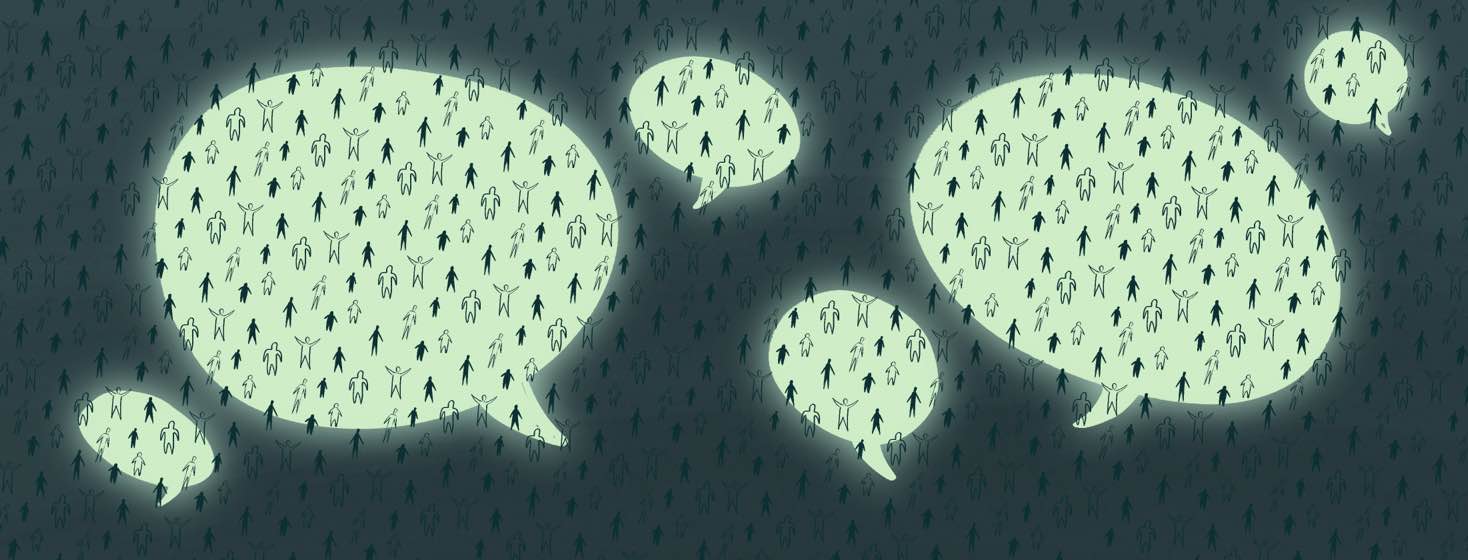Community Views: The Truth About Bladder Cancer
Bladder cancer is not a rare cancer. In fact, it is far more common than people realize. However, it is a type of cancer that most people do not have much awareness around. Since it is not widely talked about or understood, there are many misconceptions about this diagnosis.
To learn more about the challenges that come with this diagnosis, we reached out to community members. We asked followers of our Facebook page to tell us, “What is something you wish the world knew about bladder cancer?”
More than 100 people answered. Here is a look at what was shared.
Lack of symptom awareness
The most common response is that people wished others – even doctors – knew more about the symptoms of bladder cancer. Some symptoms, like pain during urination, are easy to dismiss as signs of other conditions - like urinary tract infections or an enlarged prostate. However, blood in the urine or any changes in bladder habits should always be checked out by a doctor. The sooner bladder cancer is detected, the sooner it can be treated.1
“That primary care physicians consider the possibility that it could be bladder cancer early and not try to treat it as something different before getting a urologist involved.”
“That reoccurring UTIs are often a sign but not a recognized one. They are so often overlooked and missed.”
“My husband was experiencing blood in his urine and kept getting told it was kidney stones. I wish we knew more about bladder cancer and could have caught it sooner.”
“Little blood drops in the toilet are an emergency warning to get to a urologist ASAP!”
“That smokers be educated that it is not just lung cancer they need to be concerned about.”
It can happen to anyone
Many, many in the community wish more people understood that bladder cancer does not discriminate. It can happen to people of any gender, race, and age. Bladder cancer also affects people who have never smoked.2
“That anyone at any age can be affected by this, and doctors need to ask questions about urinary changes at every visit.”
“That it impacts women, too. You mostly think about it as a male disease, but more women are getting it now.”
“It is not an old person's disease! It can get anyone of any age.”
“It does not matter how young you are it can happen to anyone! My husband was diagnosed at 23.”
It is a lifelong diagnosis for many
In some cases, treatment can remove or destroy bladder cancer. However, for many people, bladder cancer never completely goes away. Or, it may come back in another part of the body. Learning to live with bladder cancer that cannot be cured – or waiting for the day it may return – can be a stressful and mentally exhausting challenge.3
“It is something you have to fight the rest of your life after being diagnosed. It keeps coming back.”
“The bladder cancer rollercoaster will forever be part of your life.”
It is exhausting
Because of the constant threat of bladder cancer coming back, this condition is stressful and emotionally exhausting. Many community members noted that they struggle with the emotional challenges. Talking with friends, a therapist, or with others within the BladderCancer.net community can help us deal with the emotional burden.
“It is an emotional roller coaster.”
“That it is an everyday struggle. The emotions evolved with cancer are hard.”
Thank you to everyone who shared. We appreciate how many people were willing to be open about their experiences.

Join the conversation